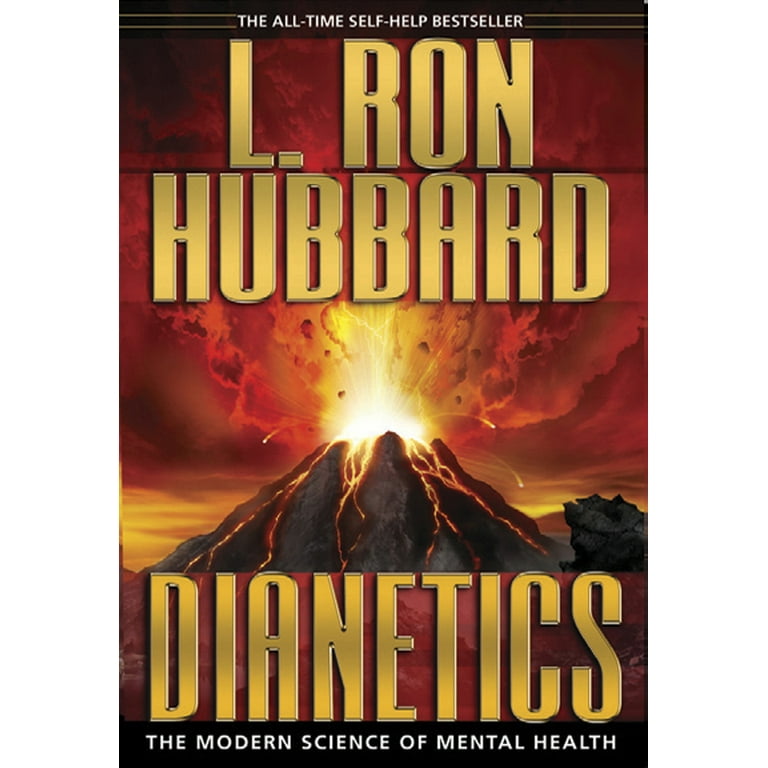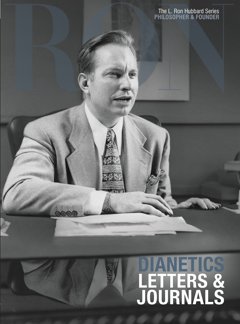The Main Principles Of Dianetics
The Main Principles Of Dianetics
Blog Article
Getting My Dianetics To Work
Table of ContentsThe Basic Principles Of Dianetics 7 Easy Facts About Dianetics ShownDianetics Things To Know Before You Get ThisHow Dianetics can Save You Time, Stress, and Money.
I couldn't ever not intend to get anything that enters your mind for you- if it was or else, I wouldn't be sitting right here with you, doing this. I not just might never have an issue, or otherwise wish to listen to something that enters your mind for you, however I'm totally excited to understand every concept, every thought, every picture or sensation that arises or materializes for you- don't ever before believe otherwise, and if for one reason or another you do, please simply allow me recognize! In some cases, you may have an idea, and picture, concept or occurrence turn up that does not appear to address the inquiry, or associate with it, yet however, constantly do inform me regarding it, and as we proceed, the significance will arise for you.This is fundamental in the basis of processing, and the topic of this conversation: the standard duties of the therapist and the customer: The standard duty of the therapist is, unlike "basic training", not to control, which means to enforce and/or hinder, however to instead function from the basis of EMPOWERING THE CUSTOMER.

The Dianetics Ideas
John Mcmasters expressed this fundamental truth wonderfully well in among his talks on Power handling, wherein he clarifies exactly how he was asked what this "special flair" was that he had for providing such terrific sessions; he had to assume regarding that for a minute, and identified that it was what he wasn't doing, along with what he was doing: he wasn't assessing, evaluating, computing, or as a matter of fact, creating any kind of thoughts, let alone verbal expressions, after providing the command and while waiting on the computer to finish their response to their complete satisfaction; he was, simply and only, being existing with the computer, and totally interested.
The function of the therapist, demonstrated; that was his "special propensity". I have actually had my very own experience which instructed me this well, extremely early on in the game. In 1982, having actually lately completed my training and internship on New Period Dianetics, I was running this on a COMPUTER, and there was a point in the session where (being a bit damp behind the ears not yet having several hours under my belt as an expert auditor) the PC appeared to be "taking also lengthy" to express anything verbally after I gave him a command.
This trick ended up being the most important contribution that John ever before made to the topic of therapy or auditing (Dianetics). In my simple point of view, it is the best contribution that anybody has actually ever made to these subjectsthe application is totally non-judgemental, non-evaluative, and lacking any type of idea, recommendations or opinion.no preconditioned schedule for individuals, or 'degrees' that they have to do
In Idenics, the check out here only source of information concerning a client is the specific customer. In Scientology we prided useful site ourselves on not reviewing for individuals. Yet all that actually suggested was that the auditor did not vocally review for the computer in session. The registrars and ethics officers evaluated for the computer.
Everything about Dianetics

Anybody who had actually ever before seen John audit might not help yet see an one-of-a-kind high quality in his auditing."The client's fundamental duty is to be there with the function of relocating the instructions of their spiritual goals, and to openly and completely express and experience whatever shows up for them in responding to the questions and implementing the directions in the processing.
This is something to procedure as needed. But additionally, people regularly have prior experience and/or brainwashing in auditing/processing which, somehow, and to some levels, actually misleads them into attitudes, ideas and actions patterns that prevent the complete realization of these functions, therefore they will often tend to prevent the expressing of what enters your mind, as in the examples provided over. * The very first, and probably leading examples of mis-indoctrination causing much less than completely smooth and effective sessions, can be discovered in particular aspects of the training routines, or "TR's":"TR's" are commonly an individual's initial, or at the very least early, experience in Scientology, and while I will take place to clarify what I view as the flaws in idea and method, nevertheless, tend to be greatly therapeutic, done as they are given (Hubbard firmly insists that "TR's are not processing, they are training", however factually, they are both handling AND training)
There is no "flunking", and no denial of the reality of this being handling. The focus, as it should be, is on experiencing the various other individual's existence.
The Main Principles Of Dianetics

Report this page